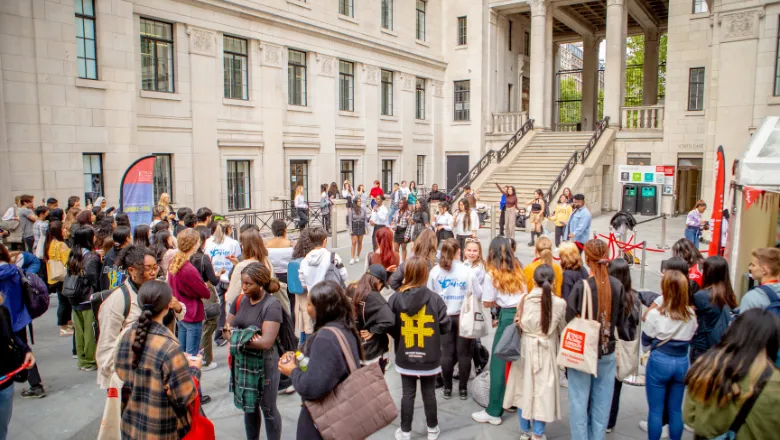The Impact of Evaluation in Widening Participation at King’s
Waterloo Bridge Wing, Franklin Wilkins Building, Waterloo Campus, London
This session focuses on how evaluation and research are used to support decision-making and improve practice within widening participation (WP) at King’s College London. Drawing on current and previous research projects, we will reflect on the kinds of impact that WP evaluation can have – from shaping policy, enabling staff across King’s to use evidence in more targeted and practical ways, to enhancing the day-to-day delivery of support for underrepresented students.
Alongside commissioned evaluations, What Works plays a broader role in fostering a culture of evidence use across the university. This includes offering one-to-one evaluation support for staff, running a structured scoping process to ensure evaluations are designed for use, and producing accessible guidance and tools. We also contribute to external conversations through research networks and sector events, and – as part of a new strategic focus – are expanding our outward-facing work through conference participation and publication.
The session will also offer space to consider some of the challenges we encounter when trying to achieve impact – including organisational complexity, power dynamics, and the practical limits of influence within large institutions. It will be of interest to colleagues working in evaluation, policy, or student experience, and to anyone interested in how research can support inclusive practice in higher education.
About the speaker
Victor De Franceschi is a Research and Evaluation Manager at King’s College London, where he leads on the design and implementation of research to assess widening participation initiatives. He is also a PhD candidate in Political Economy at King’s, investigating how environmental valuation techniques are used in UK policy decision-making. His academic and professional work is grounded in a commitment to evidence-based policy, social mobility, and the role of institutions in shaping equitable outcomes.
Search for another event

